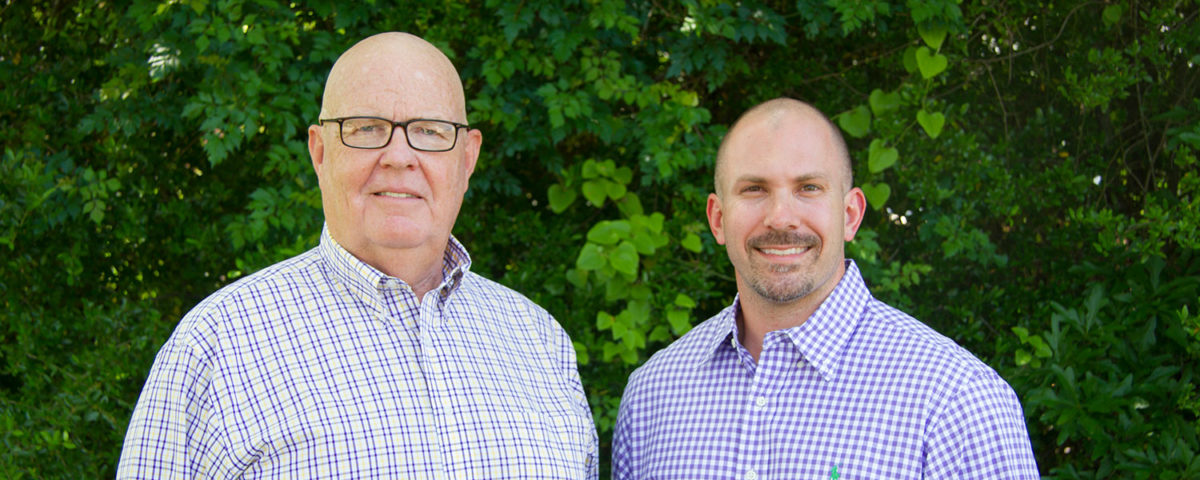Oral Surgery Associates provides a full scope of oral and maxillofacial surgical treatment options. With locations in Shreveport, Bossier City and Ruston, they have served north Louisiana, East Texas and southern Arkansas for over 30 years. Expertise includes removal of wisdom teeth, corrective jaw surgery, dental implants and more. Dr. David Clark received his undergraduate degree from Louisiana Tech University and then attended dental school at NYU College of Dentistry. He received training in oral and maxillofacial surgery at Washington Hospital Center. Following his residency, Dr. Clark moved back to Shreveport and joined Oral Surgery Associates in 2011. He enjoys golf and spending time with his wife, Katie and their daughters, London and Everleigh.
Dr. Frank Harmon graduated from Northeast Louisiana University and Baylor College of Dentistry. He completed his residency at Wilford Hall Medical Center, where he was awarded the Merk, Sharp and Dome National Resident of the Year in 1984 and entered private practice in Shreveport in 1987. He enjoys fly-fishing and woodworking in his spare time.
What is an Oral and Maxillofacial Surgeon?
An Oral and Maxillofacial Surgeon is a dentist who, following dental school, receives additional training in the surgical treatment of the mouth, face and jaws. This includes tooth extraction, including wisdom teeth, placement of dental implants to replace teeth, and the treatment of oral and facial developmental abnormalities, trauma, and disease. They are also trained to provide deep levels of anesthesia so that most procedures can be performed in an office setting rather than a hospital or surgery center.
What are dental implants?
Dental implants are essentially screws made out of titanium which are placed in the jaw bone and used as an anchor to restore missing teeth. They can be used to replace a single tooth or multiple teeth, and are also commonly used to aid in the retention and help stabilize dentures. When teeth have been missing for a long period of time, the bone in that area tends to atrophy, or shrink, and there is not enough bone to place the implant. In those cases, bone can be added prior to, or sometimes same time as the placement of an implant.
What types of anesthesia do you offer for your patients?
We offer multiple levels of anesthesia. These include local anesthesia only, nitrous oxide, or laughing gas, oral sedation, and moderate to deep IV sedation. The type of sedation required may vary from patient to patient and procedure to procedure, and is determined at the consultation visit prior to the surgery.
Sponsored by Oral Surgery Associates.









